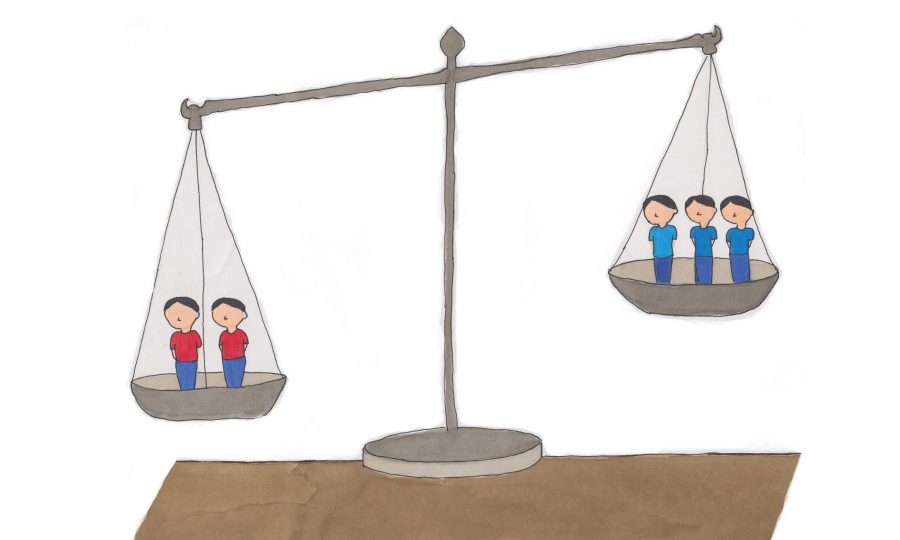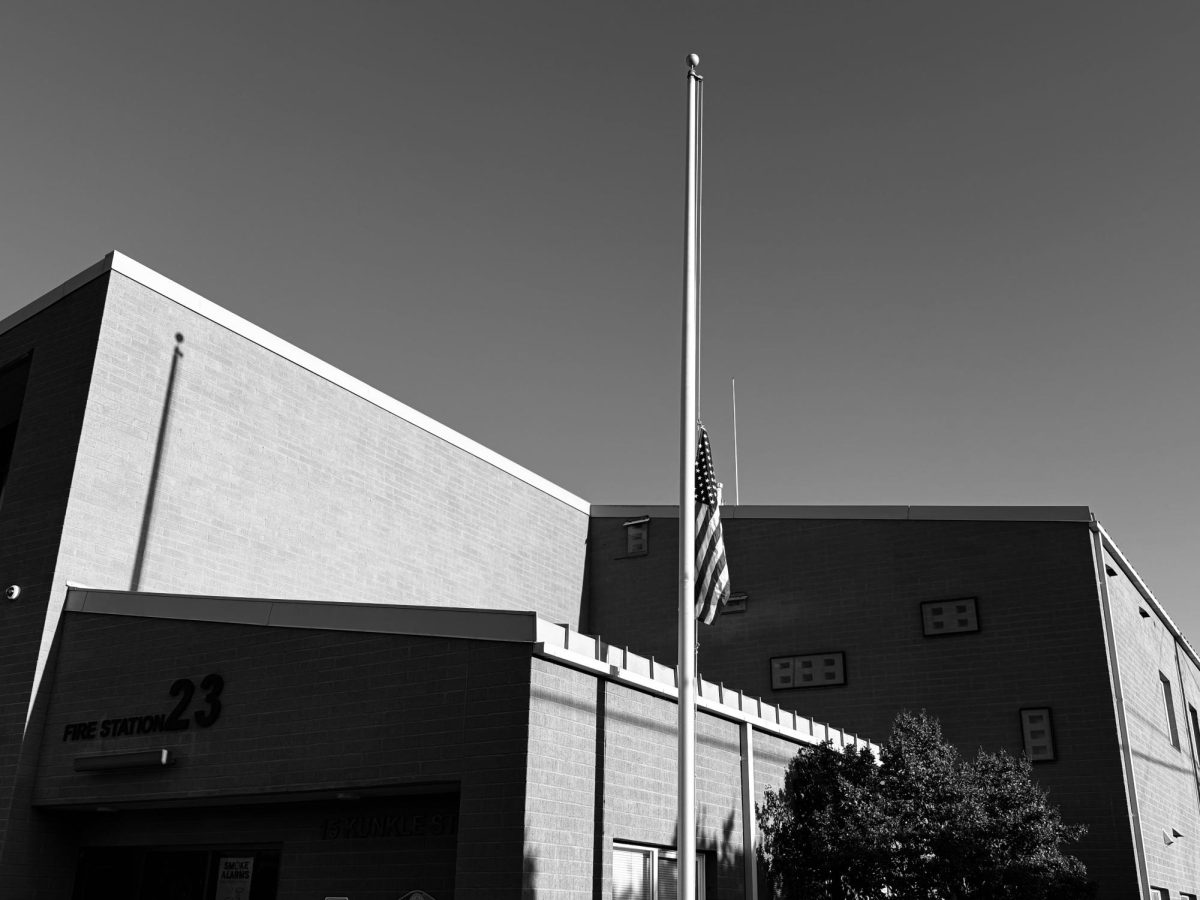As the 2016 presidential race commences, voters are already choosing sides. Many staunch conservatives are throwing their weight behind Donald Trump, while other younger voters choose to back candidates like Bernie Sanders. With the exciting opportunity to vote, newly registered voters are eager to make a difference and await the chance to cast their votes.
But do the votes of individuals really matter? In the United States’ system, a candidate can win without a majority of the popular vote. Most recently in the 2000 George Bush versus Al Gore election, Gore won the popular vote but lost the Electoral College when the Supreme Court halted the vote count in Florida, and gave the state to Bush. It is incredible that in a system of democracy, a leader can be chosen whom the majority of people do not wish to be their president.
The founding fathers created the Electoral College to insure that only a qualified person could be elected president. They feared that a malevolent person intent on becoming a tyrant could too easily sway public opinion.
Moreover, the College is a mechanism for appeasing the smaller states. Each state receives a number of electoral votes equal to its number of representatives in the Senate and the House of Representatives. The selection process for each state’s electors varies, however electors are typically party selected representatives or other government officials. But are these mechanisms really necessary any longer?
The beauty of representative democracy is that it gives the populace the opportunity to elect officials that they consider to hold the same values as themselves. The Electoral College defeats the purpose of this form of government, effectively taking the power out of the hands of general voters. Although we live in a Democratic Republic, isn’t giving power to the people part of the democratic values that we as Americans hold so dear? So why put up with a system that limits that power?
The Electoral College is not a necessary institution. Measures are already in place that prevent the president from abusing power. The system of checks and balances was instituted to assure that the president would not exploit the power that’s given to them.
The Supreme Court has the power to rule any legislation that the president signs unconstitutional, and the Congress can overrule a presidential veto with a three quarters majority vote. These measures significantly curb the power of the president insuring proper use of the presidency. The Constitution virtually guarantees that it is impossible for someone to misuse the presidency, and the use of the Electoral College to prevent a tyrant from rising to power is an unnecessary precaution.
The Electoral College forces candidates to campaign in every state, rather than simply bypassing rural areas and spending a majority of time in cities and states with the largest populations. In 1792, this notion made perfect sense. The framers lived in a world without digital technology, television or any form of mass media. In the 21st century, the need for a candidate to campaign in every state is almost non-existent, when the majority of the population would rather watch a speech from their couch or read it in the paper than actually attend it. Information is readily available to anyone who cares to procure it, and it is no longer necessary for candidates to go to their audience.
Without a doubt, smaller states need to be equally represented, but should a smaller population really receive measures to increase the value of its votes? Why should the vote of any one person count for more than another? The voters in a state are its representation, and it is unnecessary to implement systems to increase the value of its voters. The needs of the many outweigh the needs of the few, and although it is never fun to be on the side of the few, the running of a country requires people to make compromises and sacrifices in order to be united. The Electoral College makes it possible for the needs of the few to outweigh the needs of the many.
When the needs of the few begin to be of more importance than the needs of the many, a road is paved toward tyranny and oppression. In a country that stands with freedom and democracy, this is something that should not be tolerated.
The Electoral College is a winner take all system, and regardless of whether 49 out of one hundred representatives voted for one candidate, all of the votes will be given to the candidate who wins the majority. This is exactly the flaw that makes it possible for a candidate to win without a majority of the popular vote, and though this made sense during the founding of the country as a means of equaling out the value of the large and small states, it is not necessary any longer. The Electoral College was designed and implemented for a society and an era that is long past.
Whether right or wrong, the Electoral College will most likely never be abolished due to the fact that any amendment to the United States Constitution must be ratified by three quarters of the states. Regardless, it could be possible to implement changes so that a candidate cannot win an election without a majority of the popular vote. Rather than using a winner take all system, candidates should receive the electoral votes that they garner in a given state regardless of of who takes the majority.
If a representative’s votes do not fall in line with those of the people they were chosen to represent, something is wrong. The purpose of democracy is to give power to the citizens, so that they may elect the person most aligned with their views and desires, and the Electoral College permits just the opposite. By giving power to a select few representatives it opens the opportunity to bypass the necessity for voters altogether.
Featured Illustration Credit: Jenny Chang/The Foothill Dragon Press














